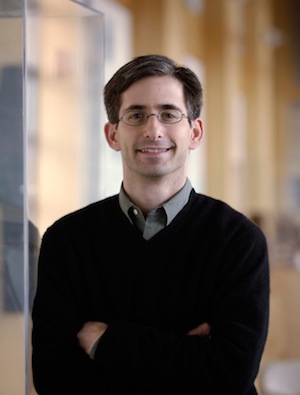Every year I gain a deeper appreciation for the National Championships. Players who compete are masters in their age division. It’s an honor to compete with them, and to watch them compete. There are also players from all over the country, and all over the world. People I’ve known for thirty years, and new people I meet every year. Losing in the first round usually means another three or four matches. Competing in the tournament is different from league, or playing against your regular weekly partners. You run harder, dig deeper, breathe heavier and stretch yourself. It feels great.
Beyond this and the social aspects of the event which are unique to squash, my in-creased interest in the annual gathering is more likely rooted in the fact that I now have young children, and my wife and I had them later in life. I think more about my own health, and what it will be when my kids are twenty, and thirty and forty years old. Will I be alive? Will I be active? How much will I be able to participate in their lives and my own?
In an age when parents tend to maintain a frenetic pace trying their hardest to balance work, family, and community obligations, and engage in their kids’ activities and lives more than ever before, squash seems like a great opportunity to step back and focus on one’s own goals, and to challenge oneself. Wheth-er you succeed or fail is beside the point; you will be richer for the effort and, each year, you will have an opportunity to measure progress—and a natural opportunity to set new goals for the following season.
This year at Nationals, I saw, for the first time in twenty years, an old friend whom I had “taught” some lessons to when in Seattle in the 1990s. Tom Zilly, a federal judge still working on the bench, competed in the 80+. He travels to Nationals every few years with his son who is about my age. It’s their special father-son weekend. I can’t think of a better goal than this.


